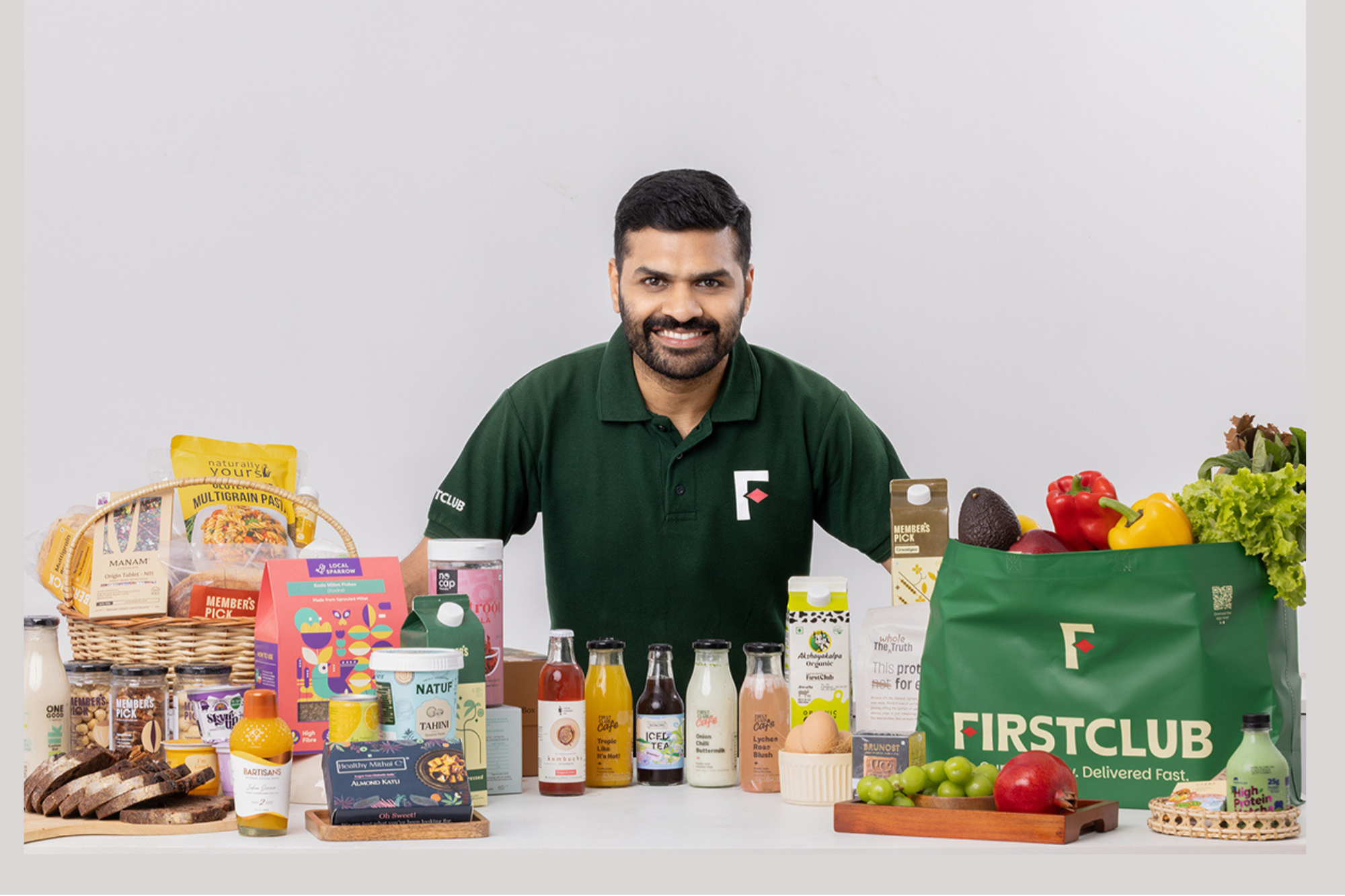Is Risk-free Investment Possible During Financial Turmoil? The reality is there are no risk-free investments and liquidity is the most important tenet in during markets
By Sameer Kaul
Opinions expressed by Entrepreneur contributors are their own.
You're reading Entrepreneur India, an international franchise of Entrepreneur Media.

The concept of risk is intertwined with the "measurability of value' of investments and the "quantum of return'. When investors discuss risk-free investments, they have to take into account some factors.
- There is nothing called risk free. Cash is not a risk-free investment, albeit it carries low risk
- Higher the risk, higher the return is true. However, investors should look at risk-adjusted returns
- Risk can be quantified with several factors, such as liquidity, credit, governance, business model, etc.
- In the case of marketable securities, it is easier to benchmark risk and returns. However, in several other asset classes (such as real estate), the same assessment is much more difficult
- Inflation is the basic benchmark, and investors have to generate returns higher than inflation to remain relevant
With this background, it is clear that in reality there are no risk-free investments. Liquidity is the most important tenet in these markets.
However, investors can create lower risk portfolios and diversify risks emanating from financial turmoil, keeping in mind the basic tenets of risk profiling and asset allocation.
Some low(er) risk investment options in this environment are:
- Within fixed income, investors should choose liquidity and high quality. Bank deposits are a good option, as are simple debt funds oriented towards short-term investments (maximum three years) in banks, PSUs and very high grade corporate (rated AA and better)
- In equities, investors should stick to large-cap companies only. Sectors such as pharmaceuticals and consumer goods have been relatively insulated in this market turmoil. We also think that utilities will perform better since their returns are regulated. Some large-cap stocks which are near multi-year lows and have solid business fundamentals can also be purchased at this time. It is best to be underweight financials at this point
- Gold is a must-have investment allocation. Gold has been a store of value for the last 3,000 years and is unlikely to lose this property. It also provides a hedge against a depreciating rupee
- Clients should also evaluate investing outside India to build a truly diversified portfolio. There are several options available for investors—from direct investment overseas via the Liberalised Remittance Scheme to investing into specific foreign markets through offshore feeder funds
If an investor does the above with their portfolio, they will be better placed than the market. However it is equally important to not do the following:
- Fresh investments in any product which does not guarantee liquidity within three working days
- Make risky bets in companies where the future is contingent upon a regulatory forbearance
- Take higher credit exposure by investing in lower-rated instruments (below AA)
- Diverge meaningfully from your asset allocation
In these times, size brings safety. It is best to invest with large and established players who have history and have navigated through earlier cycles. Managing a portfolio through bad markets is very difficult and requires experience. These are times for consolidation and not expansion. Investors should avoid making large changes to their portfolio, unless there is a pressing need.
It is inevitable that with such major global displacement, many business models will change. Therefore, investors should objectively evaluate their portfolio holdings of debt and equity instruments to weed out companies where the old business model may not be relevant. Some examples of business models which may be compromised are companies burning cash to gain market share; or lending companies which no longer have access to cheap funding. These should be replaced with investments that carry lower risk.
Through and after the Global Financial Crisis of 2008-09, the world went on a debt-reducing spree. As it became clear that rates were likely to remain low for an elongated period of time, leverage again found its place in the system. However, some leverage shifted from households to shadow banks (NBFCs in India) which in turn delivered spectacular returns in the post-crisis period. These leveraged players have faced the worst in the current crisis and are seeing the maximum drawdowns in their debt and equity issuances. As the next wave of monetary and fiscal stimulus unfolds, there will be new sectors which will see leverage build up. It is important to identify these sectors, because they will firstly outperform, and subsequently, when the next cycle ends, underperform.
Lastly, the importance of having cash as a permanent allocation in portfolios cannot be overestimated. Globally, cash is the most overweight asset in portfolios. However due of higher inflation and high interest rates, investors have generally shunned cash as a portfolio allocation in India. This should change, and investors should become more comfortable with having 5-10 per cent of their portfolio in cash at all times. Cash provides the balance to the portfolio, and also helps investors capitalise opportunities presented by these markets to invest in some truly remarkable companies at historic valuations. As they say—cash is king.











